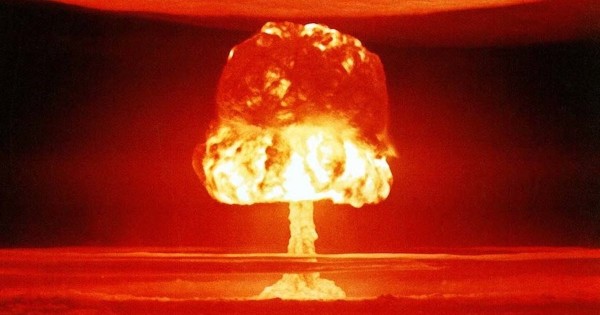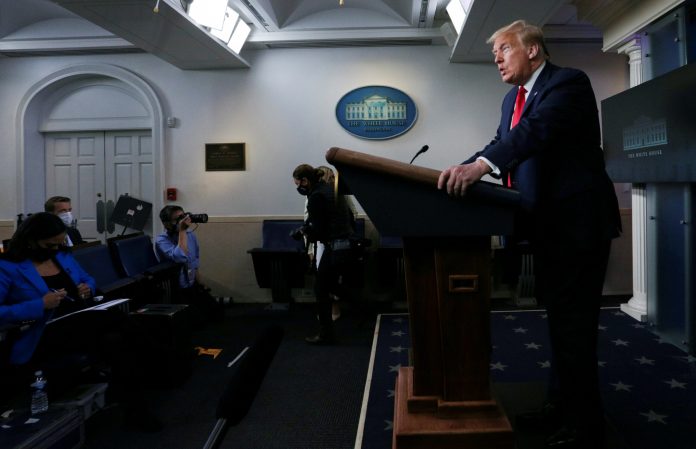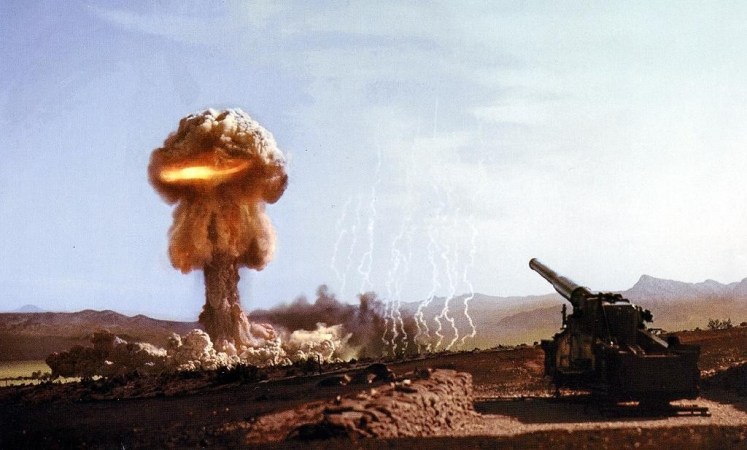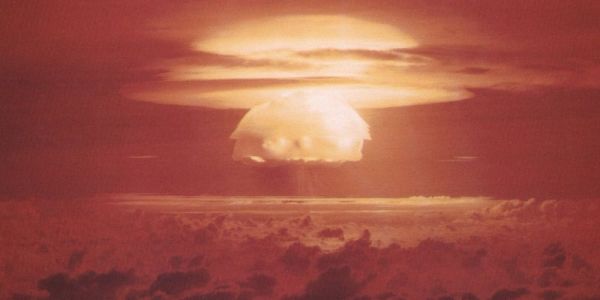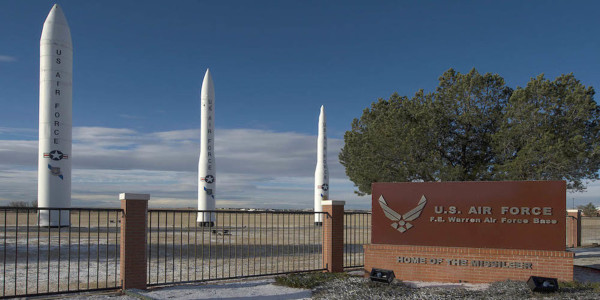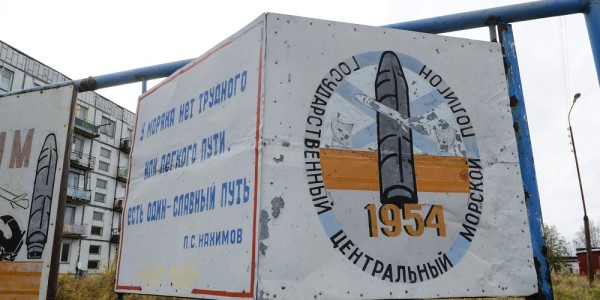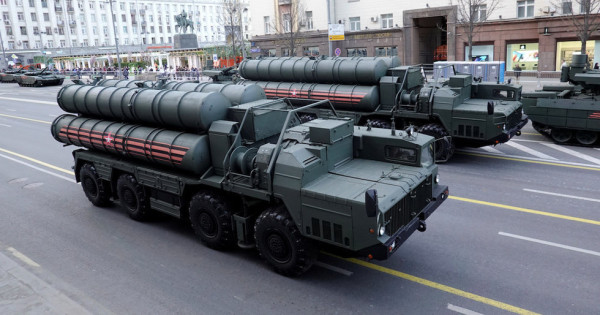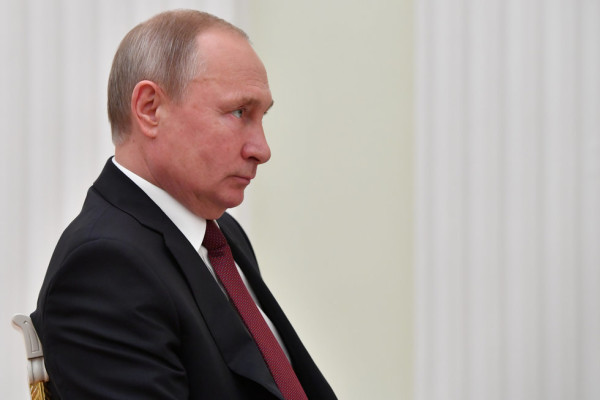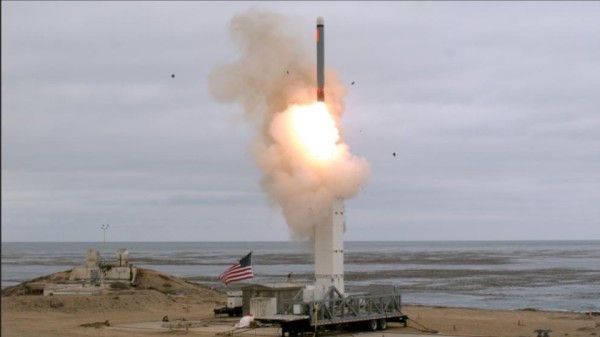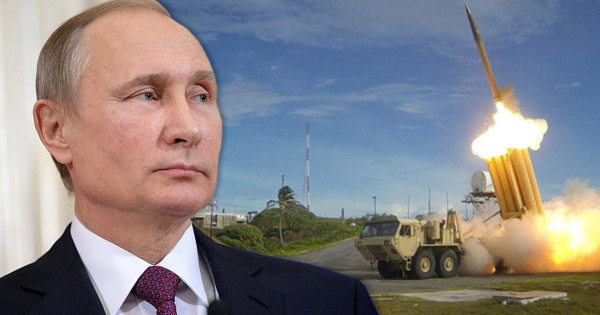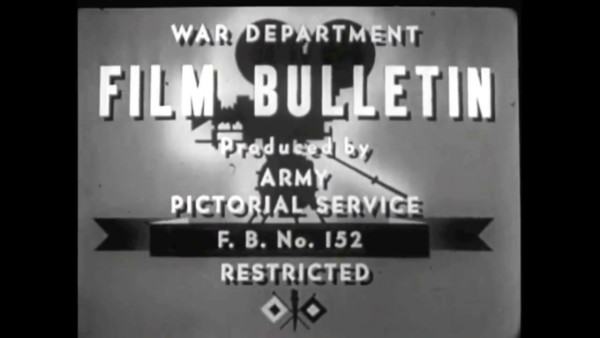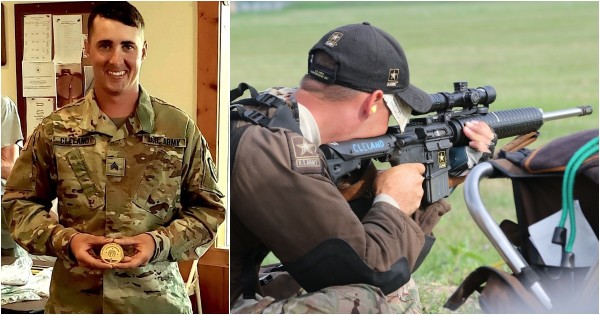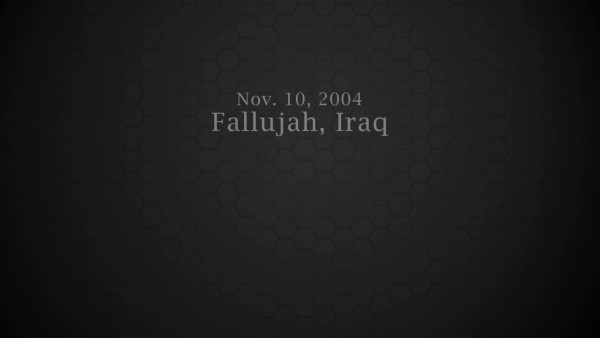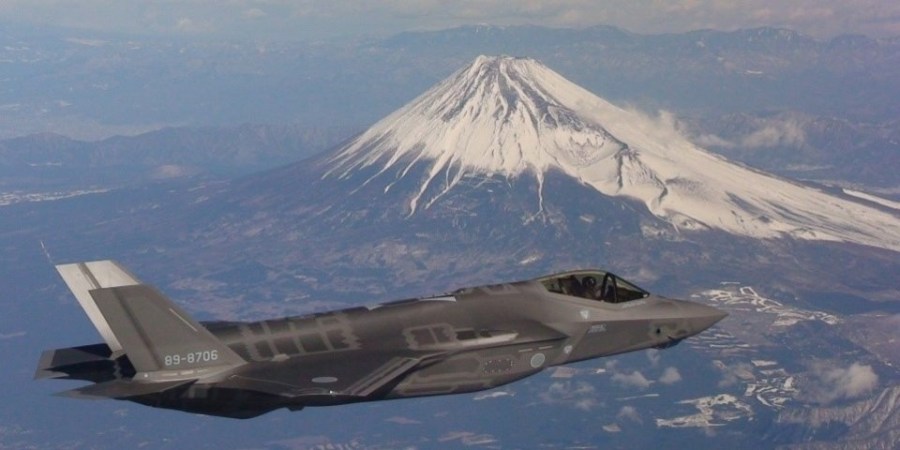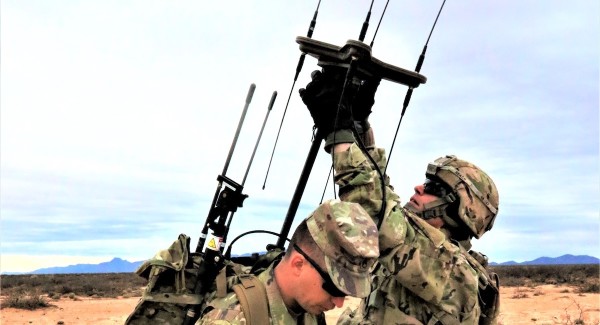The U.S. Joint Chiefs of Staff in mid-June 2019 briefly published the Pentagon’s official doctrine on the use of nuclear weapons. The joint chiefs quickly pulled the document — Joint Publication 3-72, Nuclear Operations — from the public website.
“The document presents an unclassified, mostly familiar overview of nuclear strategy, force structure, planning, targeting, command and control and operations,” commentedSteven Aftergood, an analyst with the Federation of American Scientists.
Aftergood preserved a public copy of Joint Publication 3-72.
Joint Publication 3-72, Nuclear Operations
“Nuclear forces provide capabilities to achieve U.S. national objectives. Nuclear forces deter threats by sustaining modern, credible military capabilities,” the doctrine states. “It is imperative that nuclear force capabilities are diverse, flexible, adaptable, effective, responsive and survivable.”
Aftergood highlighted one bit of phrasing in the doctrine that he described as “Strangelovian,” a reference to Stanley Kubirck’s 1964 satirical film Dr. Strangelove, which ends in gleeful nuclear apocalypse.
“Using nuclear weapons could create conditions for decisive results and the restoration of strategic stability,” the doctrine opines. “Specifically, the use of a nuclear weapon will fundamentally change the scope of a battle and create conditions that affect how commanders will prevail in conflict.”
The joint chiefs published the nuclear document around the same time that the Stockholm International Peace Research Institute published its annual report, detailing the world’s atomic arsenals.
At the start of 2019, Russia, the United States, and seven other countries possessed 13,865 nuclear weapons, SIPRI found. That represents “marked decline” from the 14,465 atomic weapons in world arsenals at the beginning of 2018, according to SIPRI.
The decrease mainly is due to Russia and the United States, which together possess nine-tenths of all nukes, cutting their nuclear arsenals under the auspices of the New START treaty while also making unilateral reductions, Radio Free Europe explained.
But the cuts could reverse. New START will expire in 2021 unless both parties agree to extend the treaty. “There are currently no discussions about extending New START or negotiating a follow-on treaty,” Shannon Kile, a SIPRI director, told RFE.
“The prospects for a continuing negotiated reduction of Russian and U.S. nuclear forces appears increasingly unlikely given the political and military differences between the two countries,” Kile added.
Moscow and Washington have become increasingly suspicious of each other’s intentions when it comes to atomic weapons. A senior U.S. intelligence official on May 29, 2019 accused Russia of secretly conducting nuclear tests in violation of an international treaty and the country’s own moratorium on such tests.
But there was no hard evidence of these alleged tests, one arms-control group pointed out.
“The United States believes that Russia probably is not adhering to its nuclear testing moratorium in a manner consistent with the ‘zero-yield’ standard” outlined in the 1996 Comprehensive Test Ban Treaty,” Lt. Gen. Robert Ashley, Jr., director of the Defense Intelligence Agency, said at an event at the Hudson Institute in Washington, D.C.
“Russia has likely been secretly carrying out very low-yield nuclear tests to upgrade its nuclear arsenal,” The Wall Street Journalreported the same day Ashley made his comment.
But the Arms Control Association in Washington, D.C. was skeptical of the general’s claim. “Ashley would only say that Russia had the ‘capability’ to conduct very low-yield supercritical nuclear tests in contravention of the treaty, a capability which Russia, China and the United States have long had. He did not say that Russia has conducted or is conducting such tests.”
Ashley’s allegation is consistent with repeated attempts by Pres. Donald Trump, his administration and his allies in Congress to dismantle existing arms-control regimes by accusing Russia of violating them, thus justifying a U.S. withdrawal from the same regimes and clearing the way for a U.S. arms build-up.
The Trump administration echoed the administration of Pres. Barack Obama in accusing Russia of willfully violating the 1987 Intermediate Nuclear Forces treaty, an accusation Russia has denied. The White House in February 2019 announced the United States’ withdrawal from the treaty, which bans land-based, medium-range missiles in Europe.
There’s irony in Ashley accusing Russia of violating the 1996 Comprehensive Test Ban Treaty, which according to the Arms Control Association “prohibits any nuclear test explosions that produce a self-sustaining, supercritical chain reaction and creates a robust international verification regime.”
“The United States has signed but not ratified the treaty,” the association pointed out.
National Security Advisor John Bolton is a noted critic of the CTBT, having “long claimed that the treaty does not adequately define a nuclear test, that Russia and China have a different interpretation than the United States of what the treaty prohibits and that Moscow and Beijing have conducted nuclear tests in violation of the treaty.”
Again, there’s no hard proof that Russia has violated the treaty. But that didn’t stop Ashley from undermining the accord. Ashley claimed that Russia has “not affirmed the language of zero-yield,” which would guarantee no nuclear explosions in tests.
“But Russia has repeatedly affirmed publicly that they believe the treaty prohibits all nuclear test explosions,” the Arms Control Association explained.
“The most effective way for the United States to enforce compliance with the zero-yield standard is for the Trump administration and the U.S. Senate to support ratification of the treaty and help to bring it into force, which would allow for intrusive, short-notice, on-site inspections to detect and deter any possible cheating.”
Read more from The National Interest:
- Meet Russia’s Kiev-Class Aircraft Carrier (Armed with Nuclear Weapons)
- Nuclear North Korea Wants Less Talk, More Action
- Russia and China Go War Against America. Here’s What Could Happen Next
